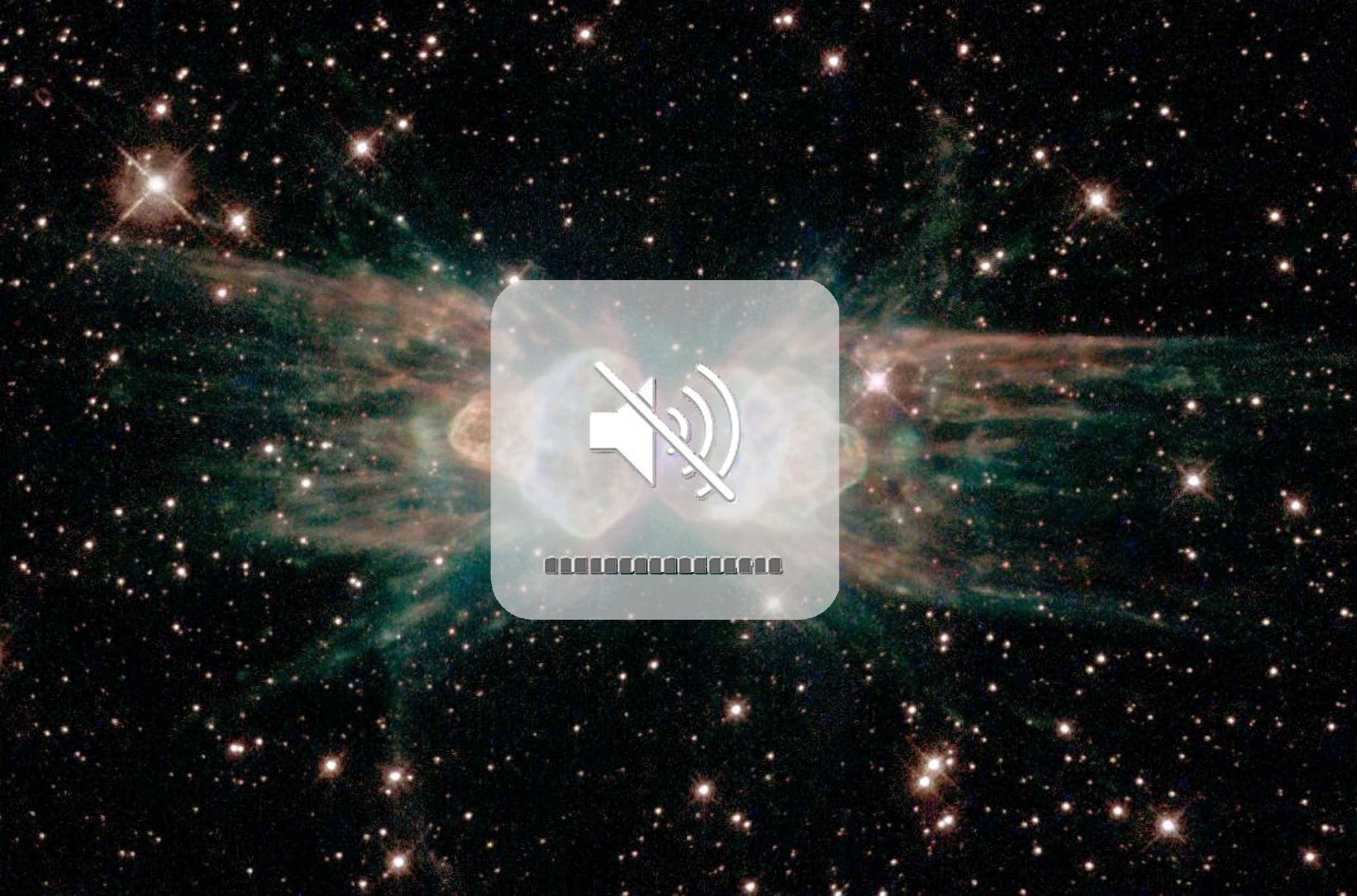
According to the World Health Organization, 360 million people worldwide have disabling hearing loss. For the remaining 95% of the population, sound is a cardinal part of our sensory experience. It allows us to communicate easily, and to better experience the natural world. So how terrifying is it for our ableist mind to have one of our senses irrevocably cut off?
Space is huge and quiet. The mere thought of it should make us insignificant. And more often than not, silence is the trope used by authors. The deafening silence of space. Things are different in other media. Most movies, tv shows and video game producers can’t deal with silence apparently, so we have John William scores, and explosions and lasers (pew pew).
‘Sound’ is defined as a vibration that propagates through a medium as a mechanical wave of pressure and displacement. (A mechanical wave means a wave that requires a medium through which it can travel.) This might seem either very specific or very broad depending who you’re asking. If we interpret it as simply the types of sound waves the human ear can hear, then yes, outer space is deadly quiet. Sound needs to propagate through a material, unlike light, that can travel through a vacuum. The average density of interstellar space is equivalent to an atom per cubic centimetre. Audible sound cannot be transmitted no matter how spectacular your explosion is, or how loud you’re screaming.
But if we take the definition and drop the ‘audible’ part, then suddenly the Universe becomes quite noisy. Throughout the cosmos there are a variety of materials that can transmit waves, such as the interstellar gas, and plasma produced by stars. When mechanical waves move through these materials they generate what is scientifically a sound. Our ears have simply not evolved to hear it. But technology is here to help us.
The Voyager I probe has an instrument on board that can record plasma wave oscillations produced during bursts of solar activity. Some of these oscillations are in the same range of frequencies that the human ear can perceive as sounds, so an simple conversion allowed us to hear the sound of outer space. And it is even scarier than silence!
The sounds can be listened to online here (http://www-pw.physics.uiowa.edu/voyager/v1pws_interstellar_2014.html ). So, space is very quiet, but it is definitely not quiet enough.
